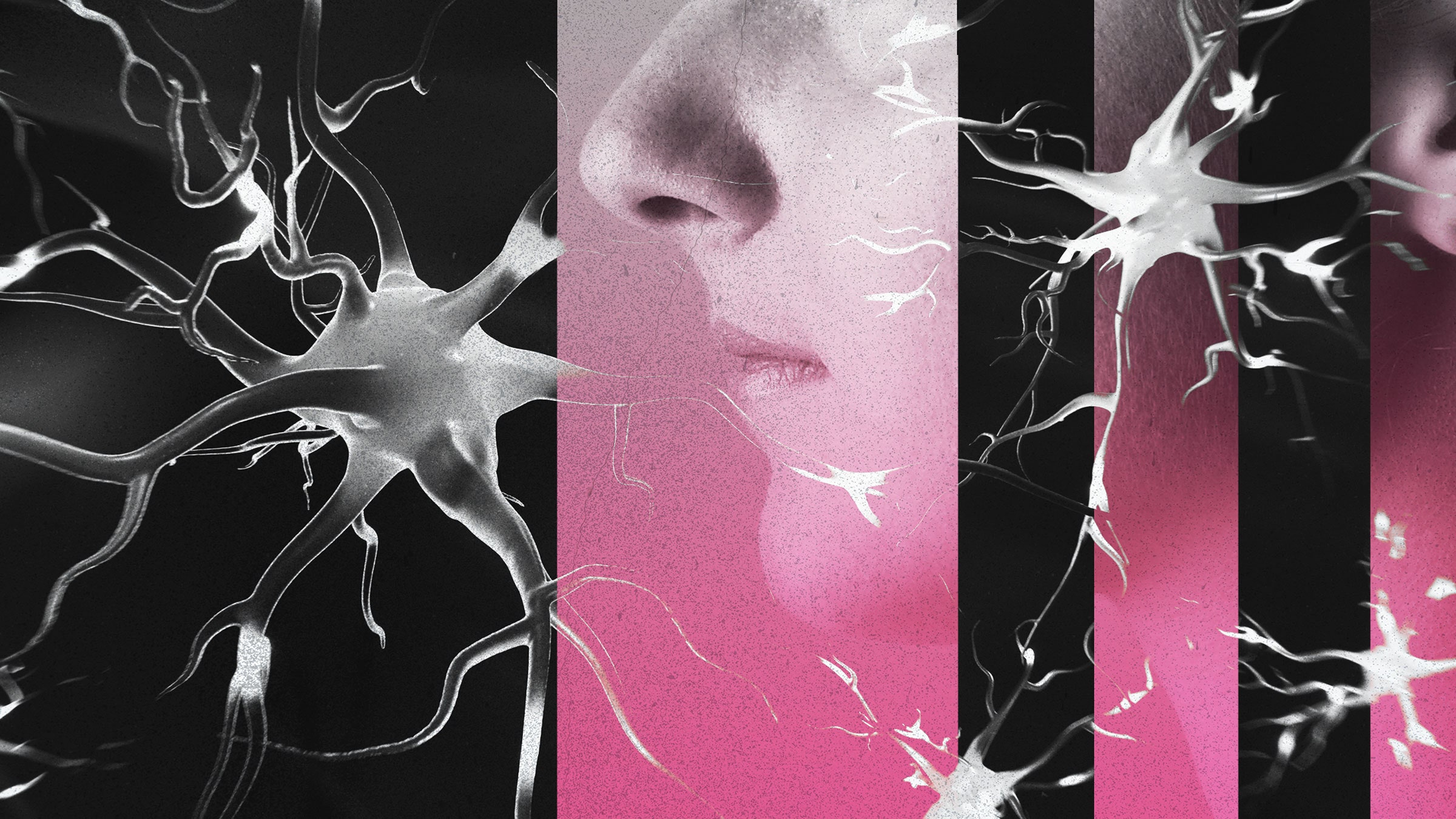A Key to Detecting Brain Disease Earlier Than Ever
Recent advancements in medical technology have provided new ways to detect brain diseases at earlier stages than ever before. Early detection is crucial in treating brain diseases effectively and improving patient outcomes.
One key advancement is the development of advanced imaging techniques such as MRI and PET scans, which can reveal abnormalities in the brain before symptoms even appear. These scans can detect changes in brain structure and function that indicate the presence of diseases like Alzheimer’s and Parkinson’s.
Another important development is the use of biomarkers in the blood and cerebrospinal fluid, which can indicate the presence of specific brain diseases. By analyzing these biomarkers, doctors can diagnose diseases earlier and monitor their progression more accurately.
Early detection of brain diseases allows for early intervention and treatment, which can slow down the progression of the disease and improve quality of life for patients. In some cases, early detection can even prevent the development of symptoms altogether.
Overall, these advancements in detecting brain diseases earlier than ever before offer hope for millions of people at risk of developing debilitating conditions. By using cutting-edge technology and biomarkers, doctors can now diagnose and treat brain diseases in their earliest stages, making a significant impact on patient outcomes.
It is crucial for healthcare providers and researchers to continue advancing these technologies and methods for early detection of brain diseases, as it has the potential to revolutionize the way these conditions are diagnosed and treated in the future.






More Stories
The AI-Fueled Future of Work Needs Humans More Than Ever
The VC Funding Party Is Over
Global Emissions Could Peak Sooner Than You Think